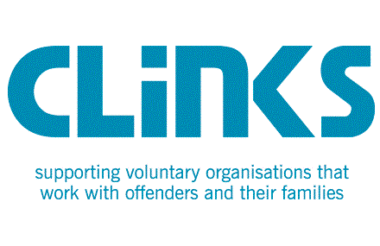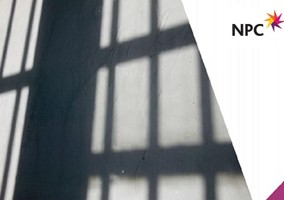Charities providing services for the government’s £900m Transforming Rehabilitation (TR) scheme are using money from their own reserves to deliver contracts, according to umbrella body Clinks.
Clinks has been reviewing the programme’s delivery since it launched in 2015. Speaking to Charity Finance magazine, published this week, chief executive Anne Fox said its latest survey results show an increasingly negative response from charities.
Fox said half of respondents reported a negative impact on their organisation of the TR programme, up from 40 per cent in a similar survey the year before.
She said charities are particularly losing out in procurement of services for high-risk-of-harm offenders through the National Probation Service (NPS).
“So few of our members are actually getting money from the NPS, and that is a problem because there is a definite offer in the voluntary sector for high-risk-of-harm offenders.”
Charities subsiding contracts
For lower-risk offenders, services are procured through 21 regional community rehabilitation companies (CRCs) using a mechanism called a rate card. Fox said the rate card causes “confusion and problems” and that CRCs can charge an additional cost to charities for offering the service.
Fox said a third of organisations getting money from CRCs are using money from their own reserves, and a third are using other sources to subsidise services.
In addition, Fox said there has been a shift away from local authority funding, with only a quarter of respondents to Clinks’ survey being funded through councils, compared to two-fifths in the previous survey.
Fox said it is unclear whether this shortfall has been filled by an increase in public donations or by charities setting up their own social enterprises.
She said: “We have seen some organisations setting up social enterprises with cafés or different things like that in their area. Often it is to provide training and employment opportunities for their clients that are not being funded in other ways.
“There is a view that these services should be funded by the public purse, but in reality the majority of funding is not coming from there.”
‘Model needs to be revised’
Fox added: “The general thing is about size. The bigger you are, the more scalable you are, and the more likely you are to get any work in the first place. We’ve seen a driving out of small and specialist providers.
“The model needs to be revised and one of the first things to go would be the rate card. The Transforming Rehabilitation system is reliant on organisations taking unpaid work.”
Meanwhile, Beth Murray, director of communications and engagement at Catch22, which delivers some services for the TR programme, said her organisation was frustrated with the scheme’s initial tendering process after failing to be selected as a prime provider.
She said: “There was an opportunity for a seismic shift in how the voluntary sector engages with justice, but it simply didn’t shape out like that.
“Contracts have been designed in such a way that bureaucracy has taken over a little and hitting the target does not necessarily mean you are achieving the best social outcome for the people that are leaving prisons.”
|
Related articles












